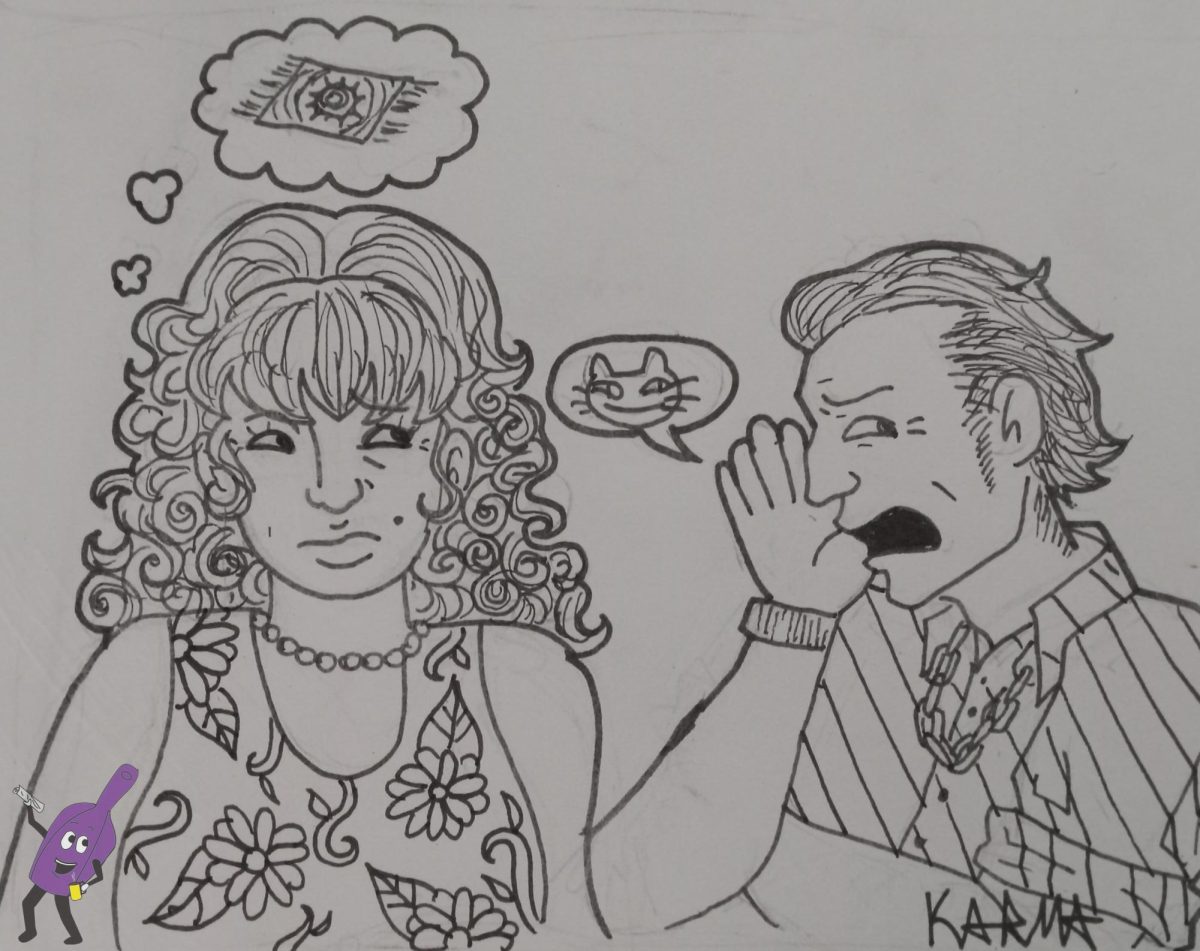Too often in the world do we run into walls of miscommunications between cultures, co workers, opposing militias, and even close friends. I believe that unclear communication is the number one reason we have major conflicts in the world. There are several current and historic examples of miscommunications that have been blown out of proportion. In this series we will explore three common types of miscommunication: hasty generalization, cultural differences, and blaming others.
My dad hates brussel sprouts, or at least he grew up thinking he did. He first was introduced to them as a small child on a farm in Omaha Nebraska. At one of many bland family dinners his mother served up boiled and unseasoned brussel sprouts. For the next twenty years of his life, Joshua Buchholz believed he hated those green and flavorless balls of mush.
Then, when he first started dating my mother, she made him brussel sprouts like he had never experienced before. Baked, coated in butter, and served with bacon my dad now realized that he in fact loved the vegetable originally on the top of his (s)h*t list.
My dad’s singular experience with something completely changed his viewpoint on it. He made what is referred to as a hasty generalization (sometimes also referred to as hasty assumption). HelloVaia defines this as “reaching a generalized conclusion about something based on a small sample of evidence.”
There are plenty of other examples of generalizations worth pointing out, some that lean on the silly side and others that reach on very serious topics. Often instances of this fallacy can pass you by in life unnoticed, but they are more impressionable than you think.
One of the most customary cases of this is in film. Movies may use this fallacy to emphasize humor or to teach a lesson.
A post from True American Stories notes that Mean Girls opens the first few minutes of the film with a comedic generalization. The main character, Cady Heron (played by Lindsey Lohan), has just moved to the U.S. from Africa and it is her first day of class. Cady is white, but upon hearing the newbie is from Africa, the Teacher (Tina Fey) as well as the other students all quickly turn to the one black girl in the class. The joke is meant to make the teacher look sort of clumsy and embarrassed, but it is also a strong example of a hasty generalization. Fey’s character assumed that because the new student was from Africa she must be black.
While this example is indeed funny in the film, and it does a good job to set a tone of controversial humor, this generalization in real life is problematic. Many people are quick to make assumptions based on stereotypes whether they are based on race, ethnicity, religion, or other personal factors.
This can be harmful in many ways as stereotyping can normalize xenophobia or it can completely skew the history of a culture. Some of the world’s most well known conflicts started with the generalization of a culture, World War two is a poignant example. During the war a pigeonholed view of Jewish Peoples led to the widespread antisemitism that fueled the Nazi party.
The typecasting that painted Jews to be greedy and heartless monsters had irreversible consequences, killing millions. Anyone taking Hitler’s hate speech to heart was making an assumption based on one small and incredibly biased source.
Another historical example of this fallacy that is worth noting is The Gulf of Tonkin incident. During the Vietnam war the U.S. hesitated to involve itself in the fighting until there was evidence to support the countries direct participation. This event is held responsible for pulling the trigger on North America’s interference in the war.
Britannica reports that on the night of August 4, 1964 American reconnaissance boats stationed in the Gulf of Tonkin intercepted what officials believed to be communications of a North Vietnamese attack on the American boats. It is now thought those messages were plans to salvage a torpedo boat badly damaged there a few nights prior.
That night the weather was stormy, quite possibly messing with the tracking devices of the American ships. Each ship reported unidentified vessels making their way towards the boats. They fired back at what was assumed to be torpedo boats and requested support from above. The pilot in charge of flying at a low altitude to assist reported seeing no enemy ships. Hours later Captain John Herrick of the American ship the Maddox, sent word that he was unsure of the attack and that action should be postponed.
However that night President Lyndon B. Johnson had already sanctioned attacks on the North Vietnamese in response. Johnson was convinced of the reality of the incident but it was later proven to be a miscommunication.
The men on the American ships based their idea of enemy attack off of one fuzzy interception from North Vietnamese and the fear that they may attack. The storm escalated the anxiety of this and U.S. soldiers were quick to assume they were under attack.
This event has huge consequences as it got North America involved personally in the Vietnam war. This is considered one of the most controversial conflicts in American history due to our rocky involvement and the unwarranted deaths of many.
Hasty generalization is easily one of the most common types of miscommunication seen throughout the world today. And sometimes the consequences that blossom from it can have huge variances in effect. My dad thinking he didn’t like brussel sprouts is no great tragedy like war, but either could be prevented.
In my ideal world everyone would communicate clearly the first time and we’d all be happy little people. That said, it is human to make mistakes and I don’t see that blissful existence in the cards for the Human race. So instead, I’d like to settle for a world where we can spot miscommunications and reorient ourselves to fix them. If you catch yourself generalizing a food you’ve only tried once or a person you know little about, take a second, think about why you have geared yourself to make these assumptions. Then go forward with an open mind, who knows you may make a friend or two.





